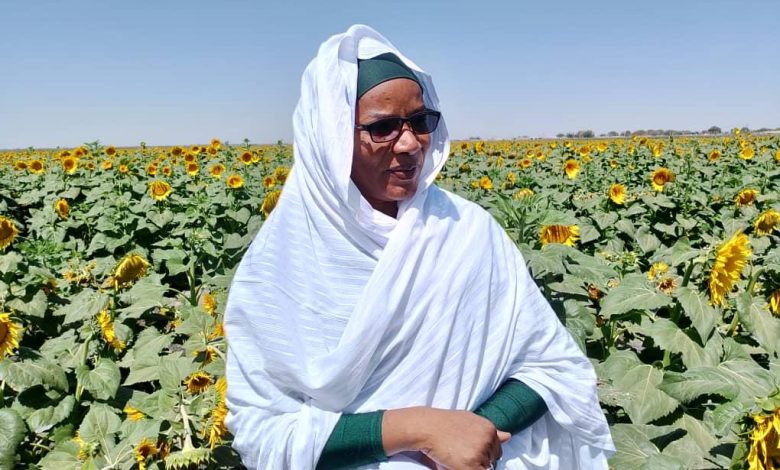Implementing clean energy projects in the White Nile

Sudan Events – Follow-ups
The Acting Minister of Production and Economic Resources of the White Nile State, Eng. Wessal Sheikh Farah, stressed the role that forests continued to play in environmental balance, reducing the negative effects resulting from climate change, and contributing to providing natural pastures for livestock.
She said during her review of the reconstruction and planting operations in the Abu Dhulua forest, the Al-Makhalif nursery for the production of forest seedlings, and the training center and manufacture of improved stoves in the Dibba Busan refugee camp in Al-Jabalin locality, she said that the White Nile State is one of the states that was affected by refugees and displaced persons, which led to an increase in forest loss through various human uses and practices, emphasizing its support for forest management programs and plans, encouraging forest farming, forest development and protection, and activating regulations and laws regulating forest work.
Meanwhile, the director of forests in the state, Hatem Mukhtar Al-Nour, revealed his management plan for this year, which includes seedling production, cultivation, and extension awareness. He said that 100,000 fruitful and shade seedlings were produced in the Al-Makhalif nursery for distribution to camps for refugees and displaced persons and host communities, in addition to planting five thousand acres in the Abu Dhulou forest and implementing a number of Of clean energy projects.
Meanwhile, the Director of the Clean Energy Project in the White Nile State Forest Department, Qessim Alseed Mahjoub, pointed to the efforts made by the Clean Energy Project in the field of reducing the use of coal, represented by the use of solar energy, ethanol, and improved stoves, especially in refugee and displaced camps and host communities.



